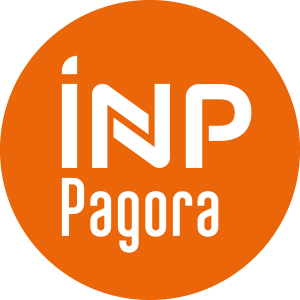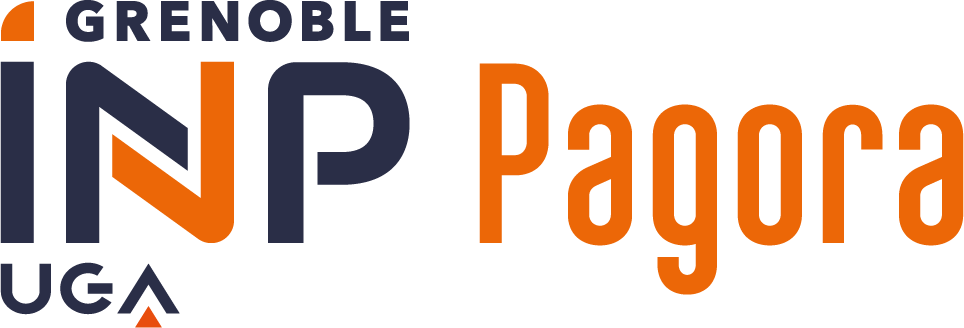Number of hours
- Lectures -
- Projects -
- Tutorials 12.5
- Internship -
- Laboratory works -
ECTS
ECTS 30.0
Goal(s)
Understanding scientific aspects to better grasp socio-economic issues
- Concepts of the Anthropocene and planetary boundaries
- Impacts of human activities: sources and nature
- The weight of history and the place of fossil fuels in our societies
Developing a systemic vision
- Adopting a stance as an engineer who is an actor in a sustainable society
- Opening up the scientific approach to ethical, sociological, and philosophical questions
- Developing a critical eye with regard to figures or political or media positions
Implementing actions to reduce environmental impacts
- Making the link between what is taught in the course and possible actions
- Identifying personal or professional actions to reduce impacts when they are identified
Agnes BOYER
Content(s)
The concepts needed to understand the issues related to climate change are addressed during this course through lessons on the following key words: global warming, climate, energy, resources, metals, concrete, renewable energy, circular economy, recycling, biodiversity, society, economy, legislation, etc.
Resources: video “Espace des problèmes” (Problem Space) and “Espaces des solutions” (Solution Space) by Gael Mainguy
SEQUENCE OF TOPICS
Sequence 1: planetary boundaries or understanding the impacts
Sequence 2: links between technology, economy, society, politics or identifying systemic aspects
Sequence 3: the Donut theory or what sustainable solutions exist in a constrained space
Sequence 4: biodiversity
COURSE MODALITIES:
Self-study using videos and online courses or resources on Moodle.
Workshops for sharing and mastering key concepts.
Assignments to formalize learning.
In-person restructuring classes.
A final individual assignment to verify that the expected skills have been acquired.
Evaluation : 40% of Rapport ou compte-rendu and 60% of Written exam (1.5)
Reports or CR:
Workshop participation: attendance and submission of reflective texts.
MOOC follow-up: completion of required tests and above-average grades.
If both conditions are met, then CC1 is validated.
Written exam: used to validate the level of competence: Acquired or In progress.
Written exam passed and CC1 validated, then activity validated even if competence not acquired.
The course exists in the following branches:
- Curriculum - Pagora Engineer - Student - Semester 5
- Curriculum - Pagora Engineer - Apprentice - Semester 5
Course ID : 3FMT1039
Course language(s): 
You can find this course among all other courses.



